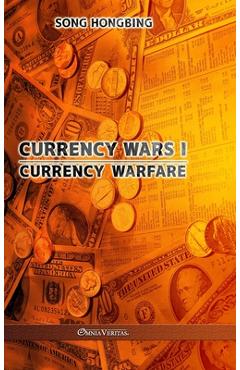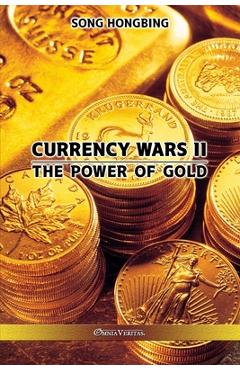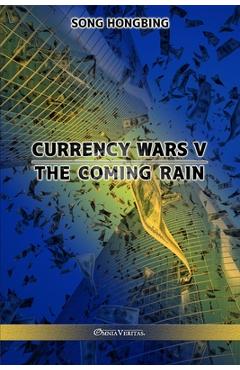Currency Wars I: Currency Warfare - Song Hongbing
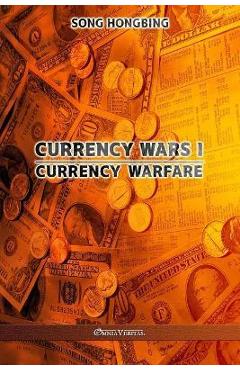
Detalii Currency Wars I: Currency Warfare
libris.ro
208.32 Lei
231.47 Lei
Business & Economics
Song Hongbing
Currency Wars I: Currency Warfare - Disponibil la libris.ro
Pe YEO găsești Currency Wars I: Currency Warfare de la Song Hongbing, în categoria Business & Economics.
Indiferent de nevoile tale, Currency Wars I: Currency Warfare - Song Hongbing din categoria Business & Economics îți poate aduce un echilibru perfect între calitate și preț, cu avantaje practice și moderne.
Preț: 208.32 Lei
Caracteristicile produsului Currency Wars I: Currency Warfare
- Brand: Song Hongbing
- Categoria: Business & Economics
- Magazin: libris.ro
- Ultima actualizare: 28-10-2025 01:22:05
Comandă Currency Wars I: Currency Warfare Online, Simplu și Rapid
Prin intermediul platformei YEO, poți comanda Currency Wars I: Currency Warfare de la libris.ro rapid și în siguranță. Bucură-te de o experiență de cumpărături online optimizată și descoperă cele mai bune oferte actualizate constant.
Descriere magazin:
Money, by its very nature, is a claim to wealth, and people hold money, the equivalent of a receipt for holding wealth. What is wealth? What form of wealth is used to issue money as collateral determines the nature of the currency. The most widely accepted form of wealth is currency. Wealth, but also currency, is the fruit of human labour. The commodity property of the commons is, in essence, the property of labour. Over the 5,000 years of human civilization, more than 2,000 commodities have taken on the role of currency, and the market has evolved to phase out other currencies, eventually choosing gold and silver as the ultimate representatives of wealth. No matter what region, no matter what civilization, no matter what religion, gold and silver formed the currency as the most widely accepted form of wealth. The gold and silver at this time is both the claim to wealth and the wealth itself. Even though people have gradually forgotten the gold behind the paper money receipts in the long process of being brainwashed, gold, after all, restricts the over-issuance of receipts, because when there are too many receipts, sooner or later people will be interested in the gold that these receipts can claim. Bankers, as the rule makers of the money game, did not like gold as collateral for paper money, either because it was not enough to satisfy the inflation of paper money desires, or because it did not generate interest income. The idea that bankers would prefer to replace gold with an asset that would never run out and would be viable is a tempting one, and after 1971, the demonetization of gold was in fact an unequal treaty unilaterally imposed on others by the rule-makers of the money game. Thus, we were introduced to an entirely new form of money: sovereign credit money.

Produse asemănătoare
Produse marca Song Hongbing

Currency Wars IV: Age of the Warring States - Song Hongbing
![]() libris.ro
libris.ro
Actualizat in 15/12/2024
178.56 Lei
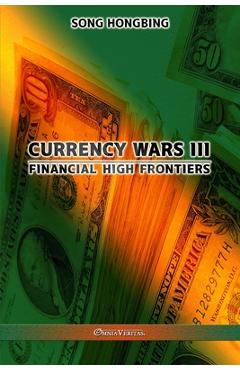
Currency Wars III: Financial high frontiers - Song Hongbing
![]() libris.ro
libris.ro
Actualizat in 25/10/2024
187.68 Lei
